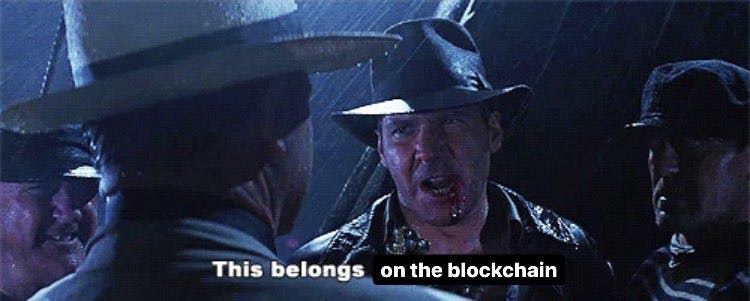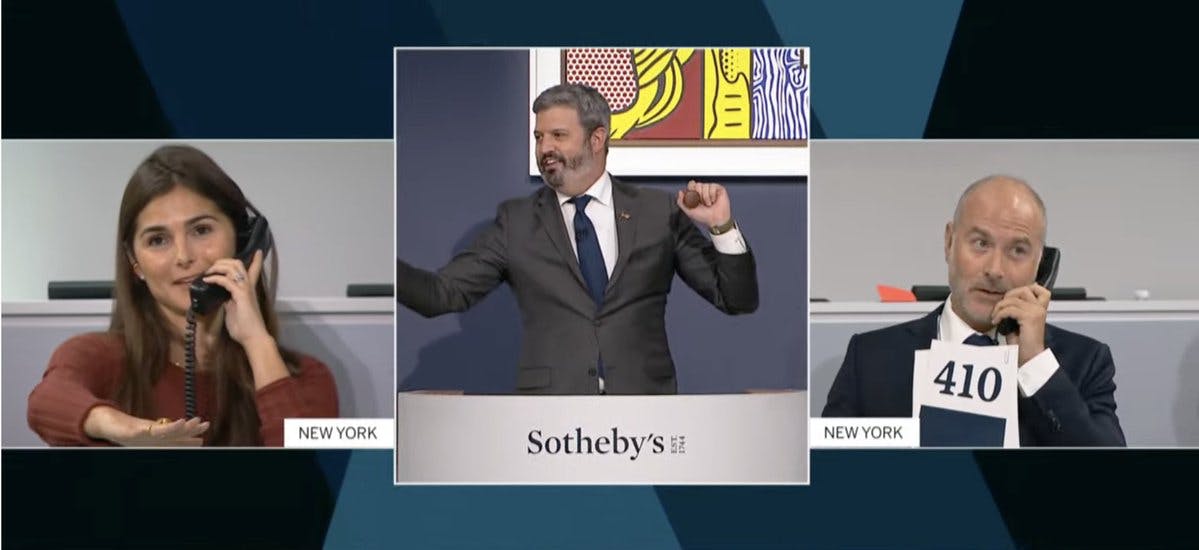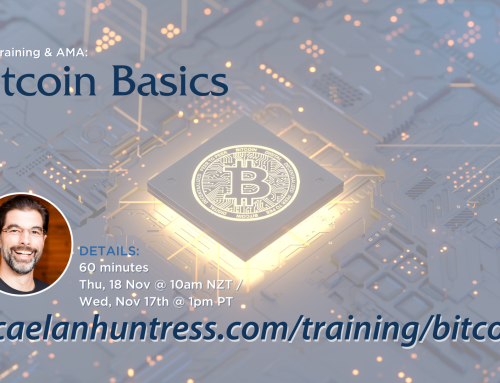Last week, some people I follow on Twitter were getting really excited about a blockchain project they were working on, #WAGBTC.
We’re All Gonna Buy The Constitution.

@ConstitutionDAO is a Decentralized Autonomous Organization that came together to purchase the only privately-owned surviving copy of the first edition of the US Constitution.
There are 13 copies in existence, most in the hands of museums and libraries. Sotheby’s auctioned off this last privately held Constitution to the highest bidder last Friday.
This was a nearly historical event, because the mob nearly bought it. In less than a week, blockchain and cryptocurrency enthusiasts formed a collective DAO that pooled more than $40 million USD to purchase ownership of a major historical document.
The thousands of donors became $PEOPLE token holders, which gave us voting rights in the DAO in proportion to how many tokens we held. What would we do with the Constitution? We would vote on it, democratically, on the blockchain, in proportion to our investment.
Here’s my 10-minute livestream of the $PEOPLE purchase process:
On auction day, I tuned in to the livestream on YouTube to watch the bidding. I also had Telegram and Discord chat open, sharing in the enthusiasm and optimism. Quickly, it turned to confusion.

As the auction came to a climax, we all realized that the DAO had hired one of these two people to represent us, but we didn’t know which one. We didn’t know who to cheer for, or if we were winning or losing. When one of them won the auction, we didn’t know if we were the winners or losers.
this is so very decentralized, we don't even know who is representing our DAO #wagbtc
— Caelan Huntress (@caelanhuntress) November 19, 2021
Rumors flew on Twitter Spaces. Someone knew a developer who was on the multisig and saw funds transfer. Others did the math on the gas fees and said there wasn’t enough room after the winning bid.
(The gas fees on the Ethereum blockchain are notoriously high right now. When I contributed $100 of ETH to the DAO, more than 2/3 was burned in gas fees. I only got $30 USD worth of the token after spending $100.)
After a few hours of confusion, the collective came out with an official statement: we lost.
— ConstitutionDAO (📜, 📜) (@ConstitutionDAO) November 19, 2021
Many of the volunteers who made this happen kept a positive attitude. This was still a historic achievement, they said, and an amazing use case for how DAOs can be created and used in the future.
As an American expat, I’m a bit more pessimistic.
There is something so very American about a grassroots movement so big and innovative that it makes history, but it gets outspent by one oligarch and the people lose
— Caelan Huntress (@caelanhuntress) November 20, 2021
I wish this had gone differently, because it would have been a landmark example of positive and functional blockchain use. But I’m reminded of Benjamin Franklin, who thought the turkey should be the national bird for the United States.
The eagle, he argued, was an immoral bird. It often did not hunt for itself, but instead, took prey from smaller hunting birds who could not defend themselves from the mighty eagle.
In some ways, his makes the eagle a better representative of the American character than the turkey.
Likewise, the failure of this movement is a better allegory for the struggle of the collective many against the wealthy few than a quick and surprising success.


Leave A Comment